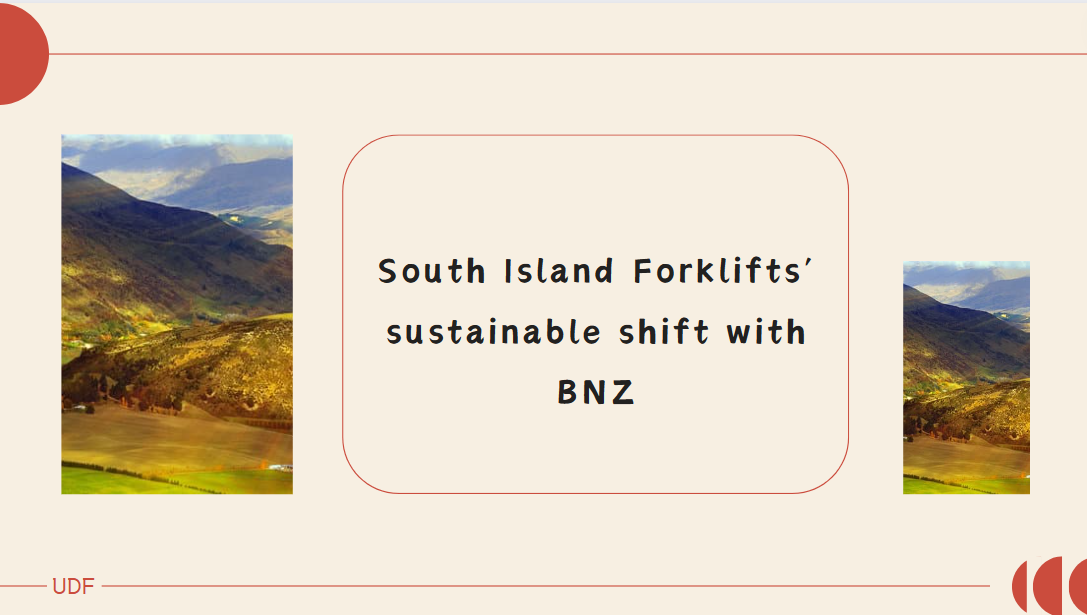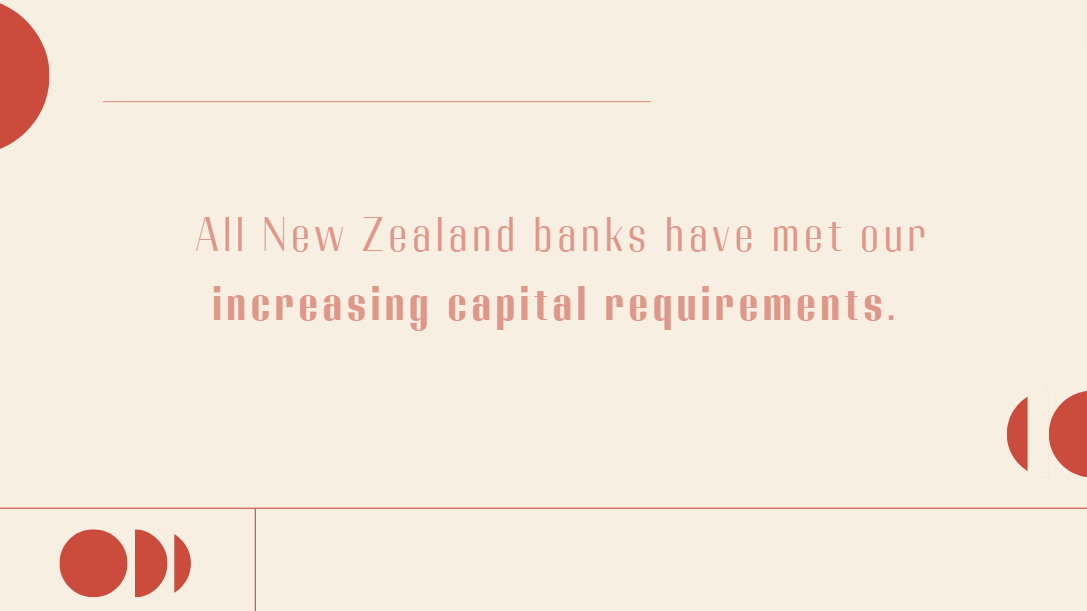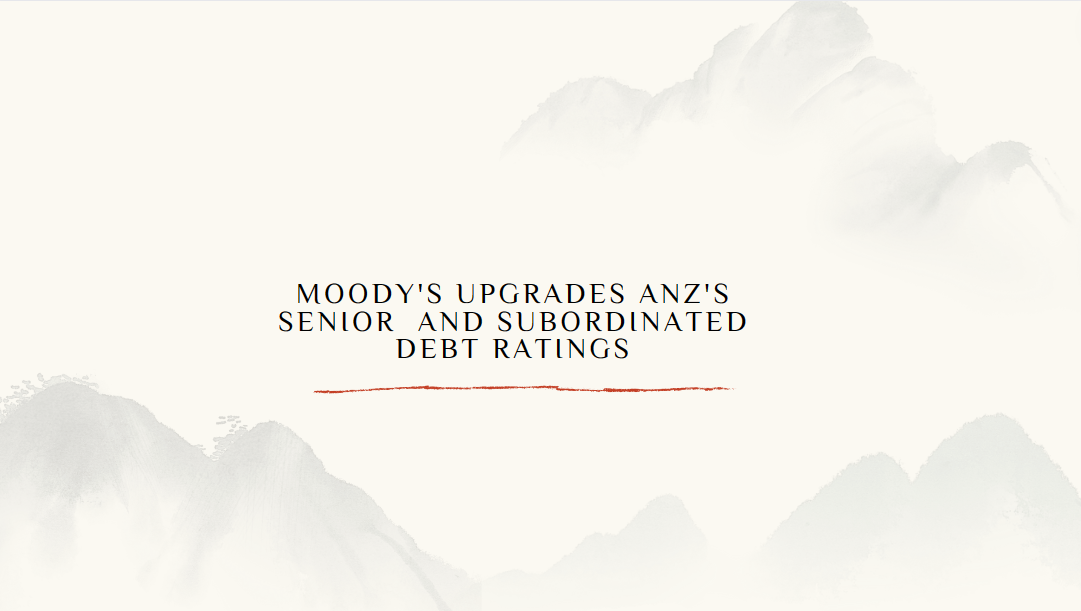Op-Ed: A trusted, inclusive, resilient, and competitive financial system
The Reserve Bank of New Zealand’s vision for the financial system is that it is inclusive, trusted, and resilient, while also being efficient and competitive. However, no single institution can deliver this vision on its own. This is why we cherish our work as co-Chair of the Council of Financial Regulators (CoFR), so that we can respond collectively to an ever-changing environment.
New Zealand’s financial system has many positive features and at times has led world innovation. However, the frontier of ‘world-class’ has moved on and we will be increasingly left behind if we don’t work collectively.
New Zealand’s financial sector faces an array of challenges, which include:
·A largely foreign owned, concentrated, retail banking sector that mostly specialises in mortgage lending and small business lending using home equity as collateral;
·Financial exclusion for people due to decreasing access to some banking services and a lack of relevant financial products;
·Limited capital market development with most New Zealanders’ financial wealth being equity in the home or Kiwisaver accounts invested globally in listed equities;
·Limited financial product, payment, and technology innovation, in part due to the ownership structures of key parts of New Zealand’s financial market infrastructure; and
·Declining resilience to climate change with global insurance in retreat as the effects of climate volatility become more evident.
Adding this financial framework to New Zealand’s economic ownership structure promotes capital-shallow production and persistent low productivity growth. Crown, collective, and cooperatively owned assets remain very difficult for third party equity investment. Foreign ownership and limited competition in some sectors discourage re-investment, as do high dividend expectations from listed companies. And a lack of financial assets held by households creates over reliance on debt finance.
The Reserve Bank has empathy with the financial firms we regulate and their customers as they navigate rapidly changing technology, climate, and broader societal expectations. Our policies are designed to protect and promote the stability of New Zealand’s financial system by addressing prudential risks. But we also consider competition, compliance cost, and the diversity of the deposit taking sector.
The lack of competition and diversity is a particular bugbear. The Commerce Commission has just published a draft report identifying limitations in competition in the personal banking services market. We agree with their description of the sector and will respond with our thoughts in short order.
Our CoFR members are all committed to a long-term perspective on these issues. Our collective work is bundled into five major themes: regulatory effectiveness (which includes ensuring regulation is proportionate to the risks involved), digital and innovation, climate-related risks, financial inclusion, and economic resilience (including cyber resilience and combatting financial fraud and scams). We also coordinate regulatory initiatives and collaborate to avoid overlaps. We are proud of the progress made to date, but there is much work still to do.
Our work is intended to improve outcomes in four areas:
Competition and efficiency
Our current work includes collaboration in the payments sector to promote innovation, working together to bring open banking to New Zealand, and sharpening the consumer credit regime and the Conduct of Financial Institutions.
Resilience
We are promoting the role of, and impact on, the financial sector from climate change. The financial system will be key to climate adaptation. We are also working on culture and governance in the finance sector, including raising awareness of business continuity and crisis management protocols.
Participation
We are working on improved access to payments infrastructure as well as improving Māori access to capital – due only in part to whenua ownership structures – to unleash constrained economic potential.
Innovation
We have work on central bank digital currency, consumer data rights, and helping the emerging fintech sector navigate New Zealand’s regulatory requirements.
New Zealanders deserve a world class financial system that meets everyone’s needs. The Council of Financial Regulators is maturing to confront these significant issues collectively.
Note
·Adrian Orr is the Governor of the Reserve Bank of New Zealand (RBNZ) and a co-chair of the Council of Financial Regulators.
·The CoFR comprises RBNZ and FMA (co-chairs), the Treasury, MBIE and the Commerce Commission.
·CoFR engages with industry bodies (NZBA, ICNZ, FSC etc) via quarterly meetings.
·For more information, see the CoFR website www.cofr.govt.nz























































First, please LoginComment After ~